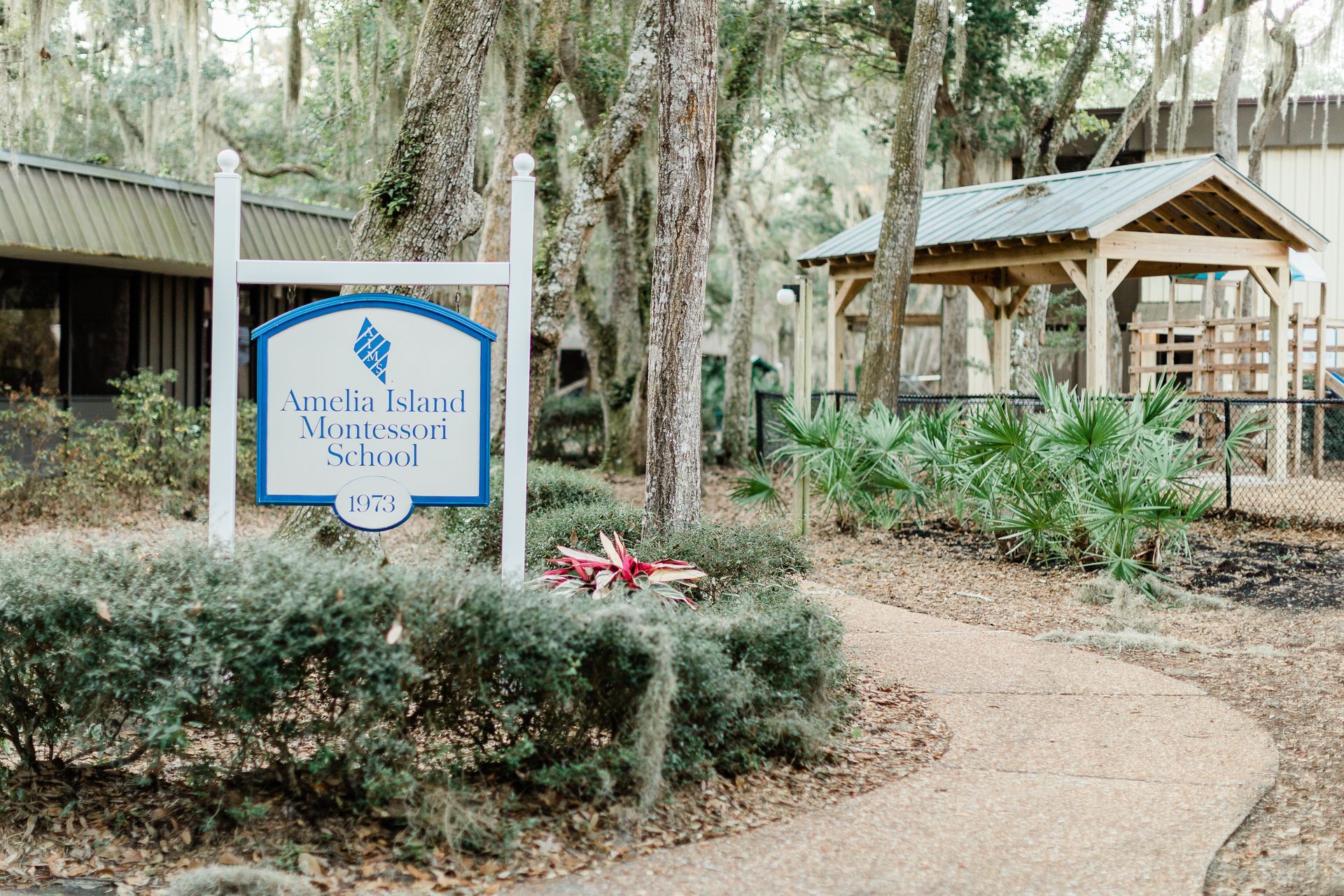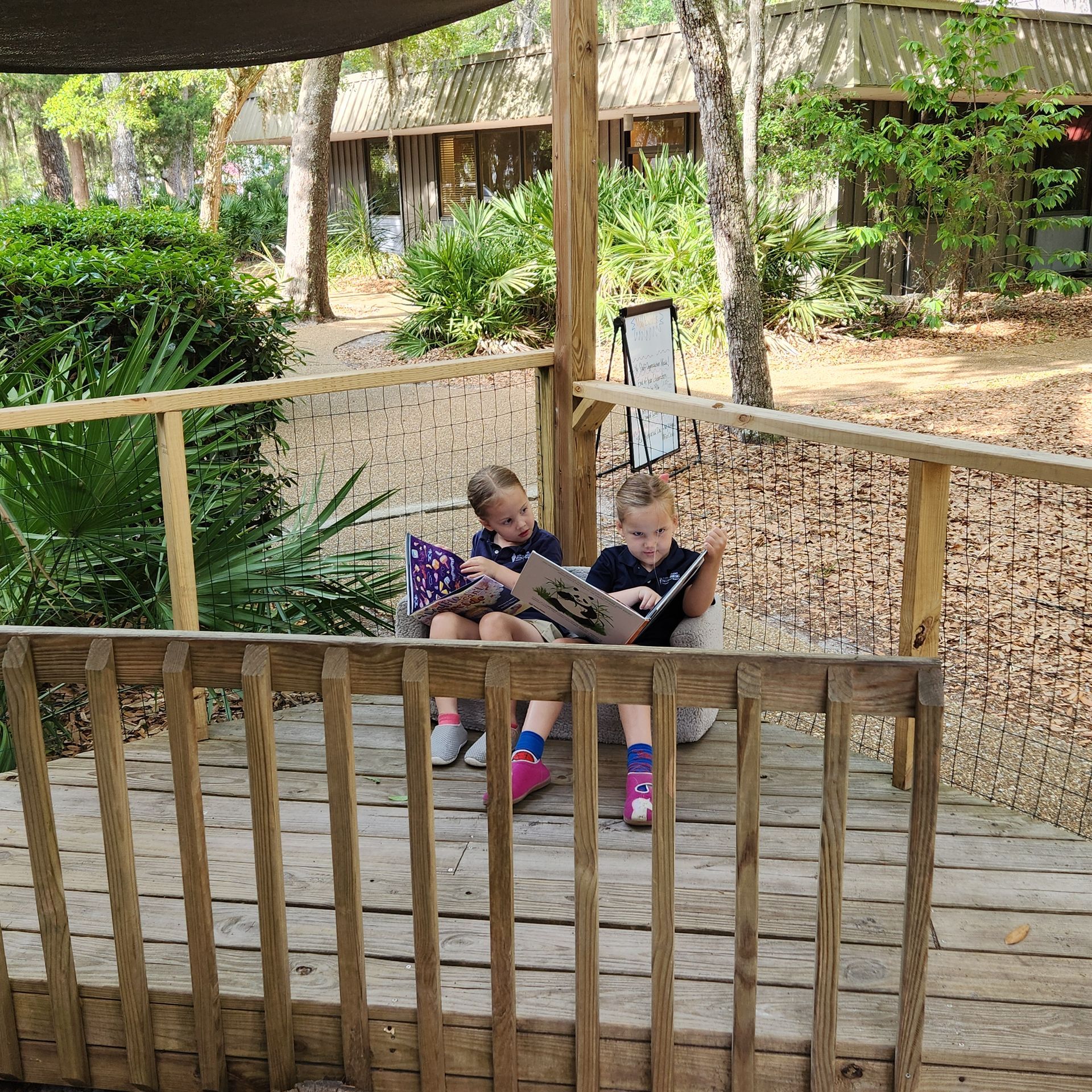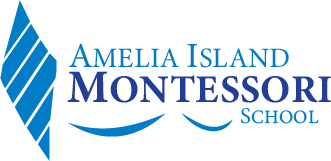By Savannah Luman
•
June 3, 2025
As the summer break approaches, many families look for ways to make the most of the extra time spent together. In a Montessori environment, learning is a natural part of everyday life. The good news is, you don’t need a classroom to keep that learning alive at home! Here are some simple Montessori-inspired activities for families with children of all ages that foster curiosity, independence, and hands-on learning. Reading Regularly As part of your summer learning journey, don't forget to take advantage of reading time! Even if your child is not yet a reader, you can start by reading aloud to them. Studies show that reading to children, even before they can read themselves, improves their language development, listening skills, and imagination. The local library’s Summer Reading Program is a great way to make reading a part of your daily routine for readers of all levels, even adults. The goal is to read for 15 minutes a day, every day, for 10 weeks - totaling 1050 minutes by the end of the program! It’s a perfect way to set a daily reading habit that’s fun for everyone. You can learn more and sign up here: Nassau Reads Summer Reading Program. Family Bonding & Learning Together Summer is also a great opportunity for families to work together and support each other’s learning. Consider setting aside “family learning time,” where you engage in a group activity like: Building a Family Garden: This is a hands-on way to teach children about nature, responsibility, and science. Planting flowers, vegetables, or herbs as a family can be a fun, practical learning experience. Board Games and Strategy Games: Choose games that involve planning, strategy, and teamwork. Games like chess, checkers, or even simple card games can teach valuable lessons about patience, critical thinking, and cooperation. For Toddlers (Ages 1-3): Fostering Exploration & Independence Young children are naturally curious and love exploring their world through their senses. Here are a few ideas for engaging your toddler: Sensory Bins: Fill a shallow container with rice, beans, or water and add small toys or objects for your child to explore. This simple activity strengthens fine motor skills and encourages independent play. Practical Life Activities: Toddlers love to mimic what adults do! Set up simple tasks like spooning dry beans into a bowl, watering plants, or wiping the table. These activities build hand-eye coordination and a sense of responsibility. Outdoor Play: Don't forget the importance of outdoor, unstructured play. Whether it’s running, climbing, or digging in the dirt, spending time outside helps toddlers develop physical coordination and encourages creativity. Let them explore the natural world, and you’ll be surprised by what they learn on their own. For Preschoolers (Ages 3-5): Building Foundations in Math, Language & Life Skills Children in this age group continue to benefit from many of the toddler activities like sensory play and practical life tasks while also beginning to explore more advanced challenges like projects and puzzles found in the early elementary stage. They’re gaining independence and are ready to take on slightly more complex skills. Keep them engaged with these Montessori-inspired activities: Sorting & Categorizing: Use everyday objects like buttons, fruits, or toys to practice sorting by color, size, or shape. This sharpens cognitive skills and introduces early math concepts. Drawing & Writing: Set up a “writing station” with paper, crayons, and markers. Encourage your child to practice their fine motor skills by drawing shapes or letters. Outdoor Play: Nature walks are a wonderful way for preschoolers to observe the world around them. Bring along a simple notebook or a magnifying glass, and encourage your child to document what they see. Collecting leaves or rocks, for example, can spark discussions about colors, shapes, and the seasons. For Early Elementary (Grades K-2): Encouraging Problem-Solving & Creativity As children grow, they develop their ability to think more critically and creatively. Here are some ideas that stimulate their growing minds: Practical Life Projects: Set up a small gardening project or allow your child to help with simple cooking tasks like making a salad or baking cookies. These activities teach life skills while reinforcing concepts like measurement, following instructions, and patience. Puzzle Time: Puzzles are a great way to engage your child in problem-solving while strengthening spatial awareness and concentration. Mix things up by exploring different types such as traditional jigsaw puzzles, kid-friendly Sudoku, “Crack the Code” activities, logic games like Guess Who, puzzle cubes, or even junior escape room challenges. Introducing new puzzles each week keeps the experience exciting and encourages continuous learning through play. Outdoor Play: Encourage your child to play outside in a more structured way by setting up a mini scavenger hunt or nature exploration activity. These activities not only promote physical development but also invite problem-solving and collaboration. For Upper Elementary (Grades 3-6): Developing Self-Directed Learning & Complex Skills At this age, children are ready for more independent work and deeper thinking. These Montessori-inspired activities help them take charge of their learning: Research Projects: Encourage your child to pick a topic they are passionate about and help them do independent research (through books, websites, or interviews). This helps them build research skills and deepens their understanding of the world. Creative Arts: Allow your child to express themselves through art, music, or drama. Set up a space for them to work on a creative project, whether it’s a painting, a play, or learning a new instrument. This nurtures their imagination while encouraging discipline and focus. Outdoor Play: This is a great age to enjoy more active outdoor play, such as biking, hiking, or playing team sports. Encourage your child to set goals (for example, riding a bike around the block without stopping or ride their bike for a specific amount of hours or miles over the summer) and track their progress over the summer. In Montessori education, we believe that learning happens all the time whether in the classroom or at home. These activities will not only help children continue to grow over the summer, but they also provide opportunities for meaningful family connection. Enjoy the moments you have together, and remember: Learning is a lifelong adventure!



